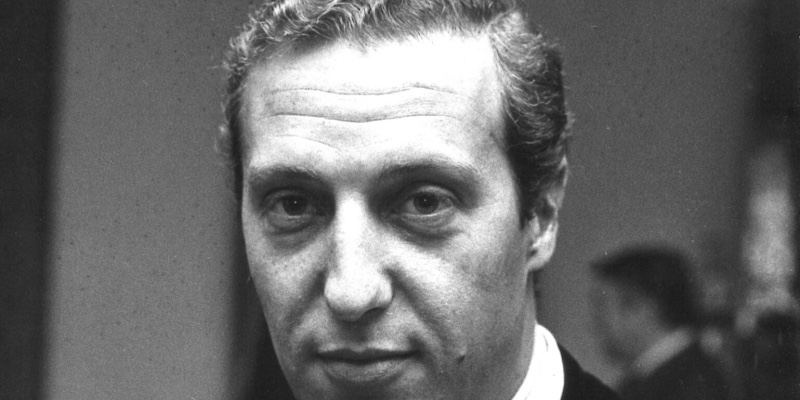I became Frederick Forsyth’s editor late in his career; his sales had dipped a bit since the brilliant successes of books like The Day of the Jackal and The Odessa File; and his agent hoped we could pep them up.
For our first manuscript, The Afghan, in 2006, Freddie had a request: Could I fly to London and meet with him and his British editor? That way, we could not only meet, but he would end up with just one set of notes. I happily agreed, but on the flight over, I was full of trepidation.
I had heard that Freddie did not suffer fools lightly and that he wasn’t much interested in character arcs or introspection. His main concerns were plot and authenticity; his stories were intricate pieces of clockwork based upon intense research. Once he’d done the latter, he liked to write the books fast. If his facts were wrong, he wanted them corrected; otherwise, the fewer revisions he had to do, the more he liked it.
And I was going to give him bad news.
The principal plot hinge of The Afghan involved a G8 summit conference of world leaders aboard a ship off the U.S. east coast. The ship was to be heavily guarded, needless to say, by air, sea, and land. There were vague rumbles of possible terrorist activities somewhere in the world, but they were unsubstantiated, even though they eventually proved to be all too true.
The thing that bothered me as I sat in my window seat was that I didn’t believe the premise. How could the security forces of all these major countries allow their leaders to be together on something as vulnerable as a ship in the ocean if there was even the slightest hint of a possible terrorist incident, no matter how unsubstantiated? It just didn’t seem credible to me. But I suspected that Freddie would not be best pleased to hear it.
Then I had an idea. As I laid it out for him and his British editor the next day, I said: What if everyone believed in the terrorist plot – but thought that it had been extinguished? What if the terrorists had meticulously planned a false but very real-seeming attack in another part of the U.S. and left enough subtle bread crumbs for the security forces to discover for themselves and foil the attempt? Everyone would think the danger was over! Full steam ahead!
Unfortunately, writing all this would take a lot of work on Freddie’s part. He would have to take apart large portions of the book and then put them back together with a whole new detailed narrative, one that would ring as authentically true as everything else in the book – and all this in a very short time. Pub date was not that far away. How would he react?
I had my answer just a few weeks later. A new manuscript arrived on my desk, following all of my suggestions, and then leaping beyond them, creating a whole new set of plotlines – and characters – for the false attack. It was meticulous, utterly convincing, and perfect.
The Afghan was Freddie’s biggest bestseller in years.
I did three more books with him: the novels The Cobra and The Kill List, and his wonderful memoir The Outsider: My Life in Intrigue. It was one of the honors of my life.

















